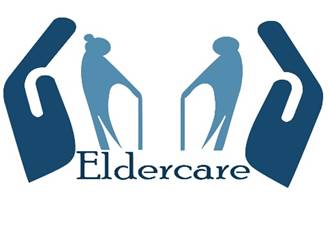Elder Care in India: Challenges and Solutions
Introduction
India is witnessing a rapid increase in its elderly population due to rising life expectancy and improved healthcare. According to government estimates, the number of senior citizens (aged 60 and above) is expected to reach 300 million by 2050. This demographic shift brings both opportunities and challenges in elder care.
Challenges in Elder Care
1. Lack of Institutional Support
While joint families traditionally cared for elders, urbanization and migration have led to the rise of nuclear families. This has created a growing demand for senior care homes and assisted living facilities.
2. Financial Insecurity
Many elderly individuals depend on their families for financial support, as pensions and savings are often inadequate. The lack of social security and rising medical costs make financial independence difficult.
3. Healthcare Issues
-
Chronic diseases such as diabetes, hypertension, and arthritis are common.
-
Lack of specialized geriatric healthcare in hospitals.
-
High cost of long-term medical treatments.
4. Emotional and Psychological Challenges
Elderly individuals often suffer from loneliness, depression, and anxiety due to social isolation, loss of loved ones, and lack of engagement.
5. Elder Abuse and Neglect
Cases of elder abuse, including financial exploitation, neglect, and physical harm, are rising. Many seniors hesitate to report abuse due to dependency on their caregivers.
Government Initiatives for Elder Care
Several laws and policies aim to protect and support the elderly:
1. Maintenance and Welfare of Parents and Senior Citizens Act, 2007
-
Mandates children to provide financial support to aging parents.
-
Allows elders to claim maintenance from their children in case of neglect.
2. National Policy on Senior Citizens, 2011
-
Focuses on healthcare, financial security, and social support.
-
Promotes the establishment of senior citizen homes and healthcare services.
3. Ayushman Bharat (PMJAY)
-
Provides free healthcare for senior citizens under low-income groups.
-
Covers hospital expenses for critical illnesses.
4. Indira Gandhi National Old Age Pension Scheme (IGNOAPS)
-
Provides a monthly pension for elderly individuals from low-income backgrounds.
Solutions for Better Elder Care
1. Strengthening Family Support
-
Encourage intergenerational bonding through shared activities.
-
Promote awareness about the importance of elder care in families.
2. Improving Healthcare Services
-
Expand geriatric healthcare units in hospitals.
-
Provide affordable home healthcare services and nursing support.
3. Financial Planning and Security
-
Encourage retirement planning and savings from an early age.
-
Expand pension and insurance schemes for seniors.
4. Technology-Based Solutions
-
Develop telemedicine and online consultations for elder-friendly healthcare.
-
Use AI-based monitoring devices for seniors living alone.
5. More Old Age Homes and Assisted Living Facilities
-
Increase government-funded senior care homes with quality services.
-
Promote community-based elder care programs.
Conclusion
Elder care in India needs a multi-faceted approach that includes family, government, healthcare, and community support. With increasing awareness and policy reforms, India can create a more inclusive and dignified life for senior citizens.




